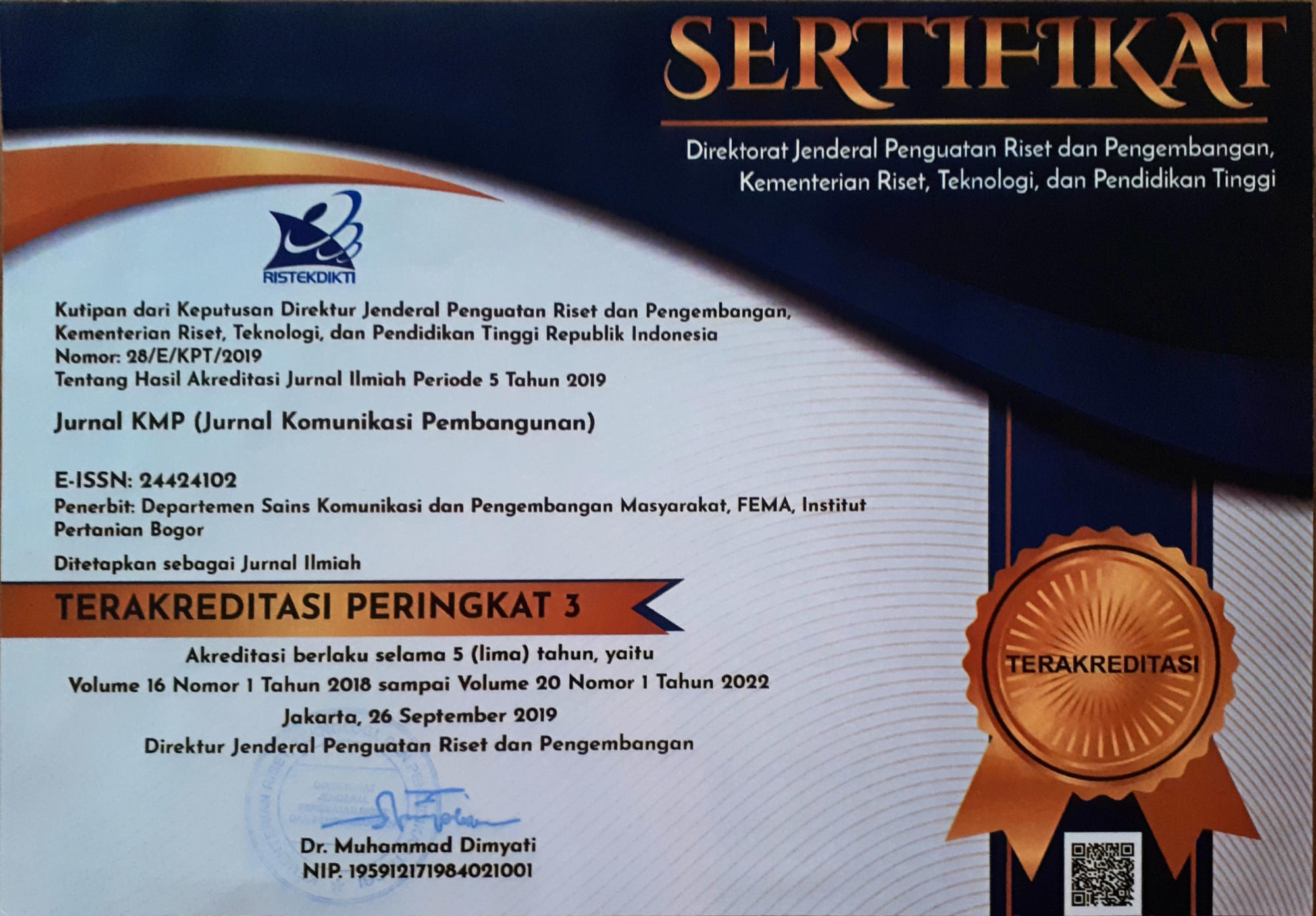Communication Behavior Based on Gender Reponsive in Primary School
DOI:
https://doi.org/10.46937/1220148563Abstract
In addition to poor communication, the teacher is still differentiate between male and female students. If the communication behavior of the teacher in the learning process is not gender responsive, it will affect the successful of the learning process. Gender responsive teacher communication behavior will improve the quality of learning. The objective of this research were to analyze the communication behavior of male and female teacher in urban and rural areas. The research was conducted in the city of Padang and Padang Pariaman District began in August to December 2013. Total sample of 200 people consisting of 100 male and 100 female were scattered in cities and in villages.
Data analysis using Spearman rank, Chi Sguare correlation. The research results showed that verbal communication behaviors that include snarl words, purr words, degrading words, confirmation, taboos and euphemisms including the high category is spoken by male and female the teacher in both urban and rural, communication behavior nonverbal such as tone of voice, facial expression, eye contact, proximity, and the average time high.
Keywords: teacher, communication behavior, verbal and nonverbal, gender responsive
Downloads
Downloads
Published
Issue
Section
License
Copyright Notice
Authors who publish with this journal agree to the following terms:
1. Authors contributing to Jurnal Komunikasi Pembangunan retain copyright to their articles but agree to publish them under a a Creative Commons Attribution-Non Commercial- ShareAlike (CC BY-NC-SA)
2. Authors retain the copyright to their work. Users may read, copy and distribute the work in any form, provided the authors and the journal are appropriately credited or cited.
3. Authors are permitted and encouraged to post their articles, after publication, to personal and/or institutional websites and to archive their articles in institutional or funder repositories to insure even greater public access. Supplementary material should also be included when applicable. In addition, authors are permitted to post pre-print versions of their articles to institutional websites, repositories and similar (on the condition that all bibliographic information is also provided). However, authors are not allowed to send their manuscript to other scientific journals once it has been decided to be reviewed by reviewers at Jurnal Komunikasi Pembangunan (Jurnal KMP).
Read our instruction for authors for more information.












